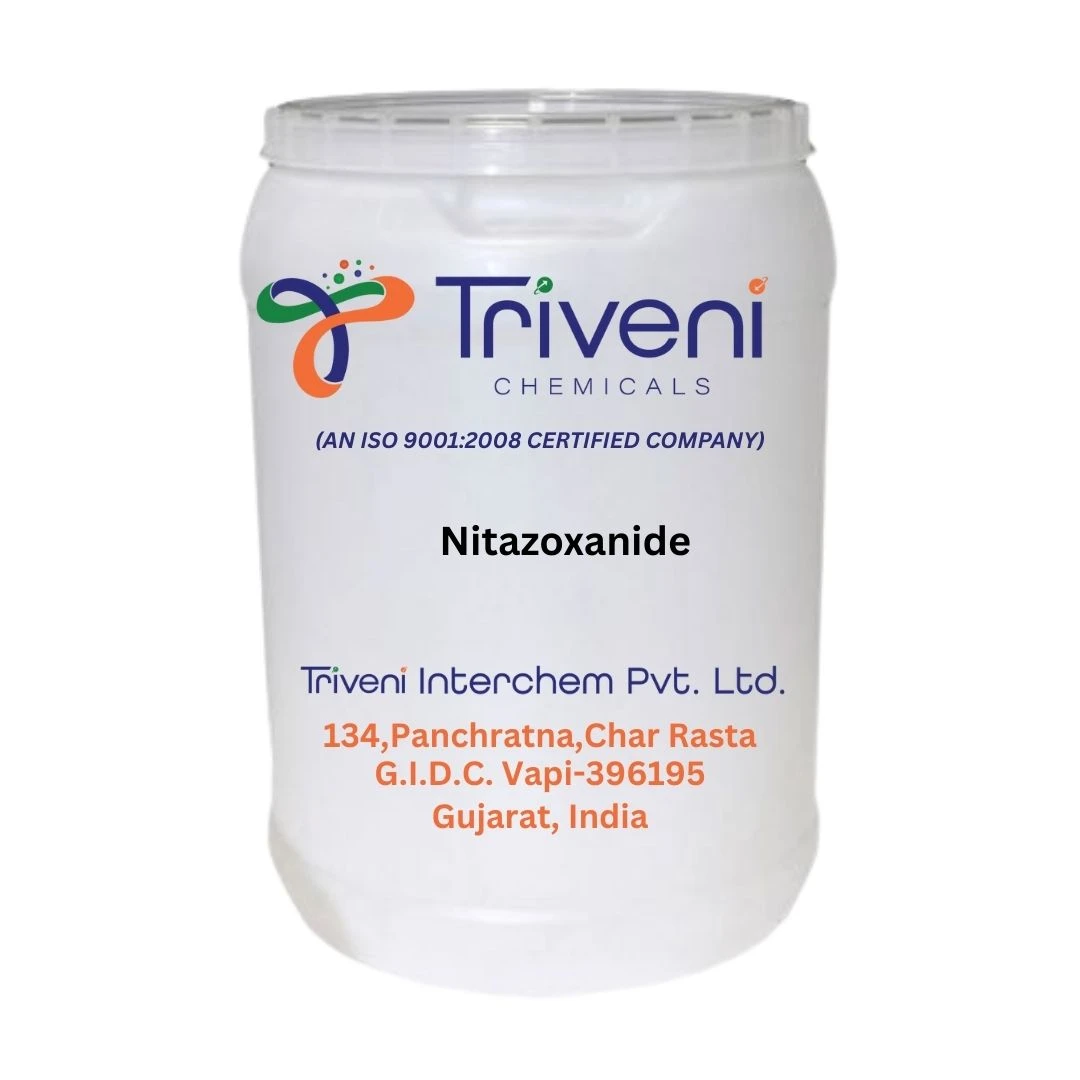Traveler's diarrhea, sometimes known as "Montezuma's Revenge" or just "TD," is a frequent illness that many people who visit underdeveloped nations, especially those in Latin America, Africa, the Middle East, and Asia, suffer. Usually, it is brought on by consuming food or water tainted with pathogenic bacteria, viruses, or parasites..
Traveler's diarrhea, sometimes known as "Montezuma's Revenge" or just "TD," is a frequent illness that many people who visit underdeveloped nations, especially those in Latin America, Africa, the Middle East, and Asia, suffer. Usually, it is brought on by consuming food or water tainted with pathogenic bacteria, viruses, or parasites that the body is not used to. Travel plans may be seriously disrupted by the symptoms, which might range from minor pain to severe dehydration. Traveler's diarrhea is mostly caused by bacteria, including E. Coli, Salmonella, and Campylobacter; viruses, including rotavirus and norovirus; and parasites, including Giardia and Cryptosporidium. These microorganisms are frequently found in nearby water sources, raw produce cleaned in tainted water, undercooked or incorrectly prepared meat and fish, and even ice cubes made from untreated water.Within a few days of arriving in a new location, symptoms usually start to appear. These symptoms can include frequent loose or watery stools, bloating, cramping in the abdomen, nausea, vomiting, fever, and occasionally, blood in the stool. While the majority of traveler's diarrhea cases clear up on their own in a few days with rest and fluids, more severe cases would need to see a doctor and perhaps even take antibiotics or anti-parasitic drugs.Paying close attention to food and water hygiene is essential to preventing traveler's diarrhea. It is recommended that travelers limit their water intake to bottled or boiling water, stay away from tap water-based drinks and ice cubes, and only eat hot, fully cooked food. Furthermore, avoiding the spread of germs requires adopting excellent hand hygiene, which includes washing hands with soap and water or using hand sanitizer before eating and after using the restroom. Treatment for people who are unlucky enough to have traveler's diarrhea involves avoiding dairy products and caffeine, staying hydrated with oral rehydration solutions, and potentially taking over-the-counter drugs to ease symptoms like cramps and diarrhea. It's crucial to take it easy and refrain from irritating the digestive tract any further until the symptoms go away. While traveler's diarrhea is frequently an unpleasant aspect of visiting other countries, it may be minimized and visitors can quickly return to enjoying their trip by being proactive in preventing it and being aware of how to treat symptoms when they do arise.
- Traveler’s Diarrhea requires hydration and antibiotics, similar to drugs used to Treat Addiction.



